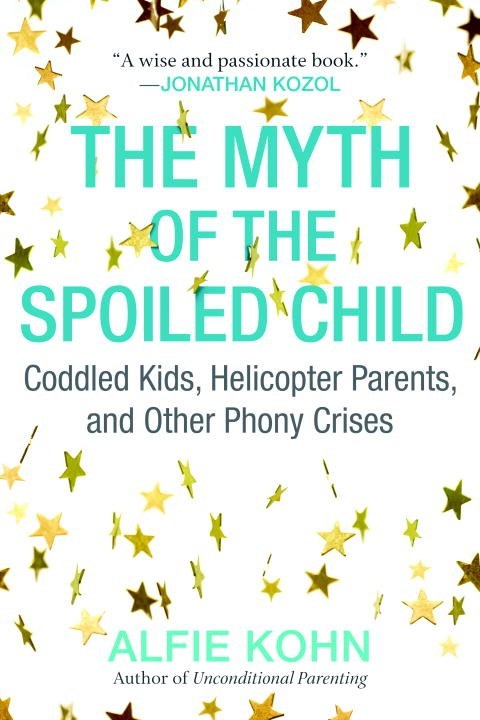What do you think?
Rate this book


280 pages, Paperback
First published March 11, 2014
“In the pages that follow, I want to invite readers who don’t regard themselves as social conservatives to reexamine the traditionalist roots of attitudes about children they may have come to accept. And I want to invite all readers, regardless of their political and cultural views, to take a fresh look at common assumptions about kids and parenting. We’ve been encouraged to worry: Are we being firm enough with our children? Are we too involved in their lives? Do kids today feel too good about themselves? Those questions, I’ll argue, are largely misconceived. They distract us from—or even make us suspicious about—the shifts that we ought to be considering. The sensible alternative to overparenting is not less parenting but better parenting. The alternative to permissiveness is not to be more controlling but more responsive. And the alternative to narcissism is not conformity but reflective rebelliousness. In short, if we want to raise psychologically healthy and spirited children, we’ll need to start by questioning the media-stoked fears of spoiling them.”
“Most people who refer to an epidemic of permissive parenting just assume that this is true, that everyone knows it, and therefore that there's no need to substantiate that claim. My efforts to track down data -- by combing both scholarly and popular databases as well as sending queries to leading experts in the field -- have yielded absolutely nothing. I'm forced to conclude that no one has any idea how many parents could be considered permissive, how many are punitive, and how many are responsive to their children's needs without being permissive or punitive. (The tendency to overlook that third possibility is a troubling and enduring trend in its own right.) In short, there is absolutely no evidence to support the claim that permissiveness is the dominant style of parenting in our culture, or even that it's particularly common.”
“Hence a report from Harvard’s own “Committee on Raising the Standard”: “Grades A and B are sometimes given too readily—Grade A for work of not very high merit, and Grade B for work not far above mediocrity. . . . One of the chief obstacles to raising the standards of the degree is the readiness with which insincere students gain passable grades by sham work.” Except that report was written in—you saw this coming, didn’t you?—1894.”
"what best prepares children to deal with the challenges of the real world is to experience success and joy, to feel supported and respected, to receive loving guidance and unconditional care and the chance to have some say about what happens to them.”
“Children don’t just need to be loved; they need to know that nothing they do will change the fact that they’re loved.”
“How well you do things should be incidental, not integral, to the way you regard yourself.”
“What provokes particular outrage and ridicule is the idea that children might feel good about themselves in the absence of impressive accomplishments, even though, as I’ll show, studies find that unconditional self-esteem is a key component of psychological health.”
“I think our challenge as parents is to rise above that preference for the child of least resistance and to think beyond short-term success as a criterion—particularly if success is defined by conventional and insipid standards. Don’t we want our kids to be inspiring rather than spend their lives just collecting tokens (grades, money, approval)? Don’t we want them to think in the plural rather than focusing only on what will benefit them personally? Don’t we want them to appraise traditions with fresh eyes and raise questions about what seems silly or self-defeating or oppressive, rather than doing what has always been done just because it’s always been done?”